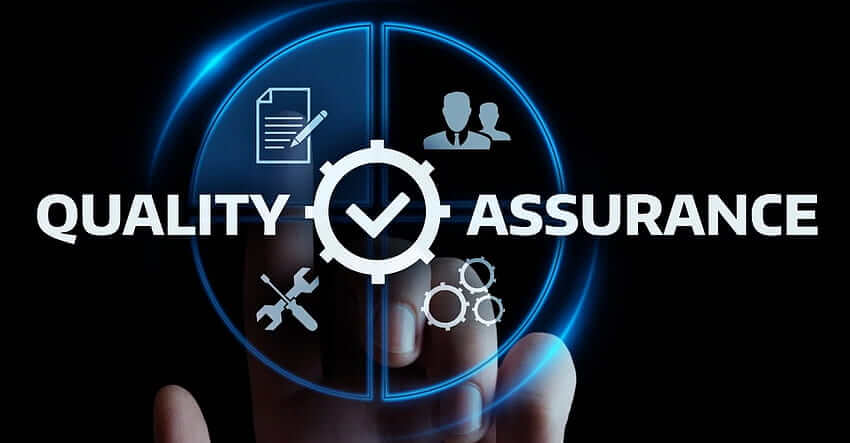As a software test engineer, you may think that your primary focus should be on technical skills, such as writing test cases, conducting automation testing, and debugging software. While these skills are certainly important, there is another skill that is just as crucial to your success and this is Communication skills.
Effective communication is essential for any profession, but it is exceptionally especially important infor software testing. In this blog post, we will explore the importance of top-notch communication skills for being a software test engineer.
Collaboration and Teamwork
Software testing is a collaborative effort that involves multiple stakeholders, including developers, project managers, business analyst, and other testers. Effective communication is critical for ensuring that everyone is on the same page and working towards a common goal. By communicating clearly and concisely, you can ensure that all team members are aware of project status, timelines, and potential roadblocks. This helps to prevent misunderstandings, reduce delays, and ensure that the project is completed on time and within budget.
Clear Bug Reports
When you encounter a bug or issue during software testing, it is important to communicate the issue clearly and concisely to the development team. By writing clear and detailed bug reports, you can help developers understand the issue and identify the root cause. This can save valuable time and prevent the issue from recurring in future releases.
Effective Test Case Design
Test case design is a critical component of software testing, and effective communication is key to designing test cases that accurately reflect the requirements and specifications. By communicating with project stakeholders and other team members, you can ensure that your test cases are aligned with the project objectives and deliverables. This helps to ensure that the testing process is efficient, effective, and meets the expectations of all stakeholders.
Continuous Improvement
Effective communication is not just important for the testing process itself, but also for continuous improvement. By communicating feedback and suggestions to the development team, you can help to improve the quality of the software and the testing process. This helps to ensure that the software meets the needs of users and delivers business value.
In addition to these specific examples, top-notch communication skills are also essential for building relationships with colleagues, stakeholders, and clients. By communicating effectively, you can establish trust and credibility, and build a positive reputation in your organization and industry.
So, how can you improve your communication skills as a software test engineer? Here are some tips:
Practice Active Listening
Active listening involves paying attention to what others are saying and responding in a way that shows you have understood their message. To practice active listening, focus on the speaker, ask clarifying questions, and reiterate paraphrase what they have said to ensure you have understood correctly.
Use Clear and Concise Language
When communicating with others, use clear and concise language to ensure that your message is easily understood. Avoid using jargon or technical terms that others may not be familiar with.
Choose the Right Communication Channel
There are many different ways to communicate, including email, phone, instant messaging, and face-to-face meetings. Choose the right communication channel based on the context and the audience. For example, if you need to discuss a complex issue, a face-to-face meeting may be more effective than an email.
Be Open to Feedback
Effective communication is a two-way street, and it is important to be open to feedback from others. Listen to feedback with an open mind, and use it to improve your communication skills and build stronger relationships.
In conclusion, effective communication skills are essential for being a successful software test engineer. By collaborating effectively with team members, writing clear bug reports, designing effective test cases, and providing feedback for continuous improvement, you can ensure that the software testing process is efficient, effective, and meets the needs of all stakeholders.

